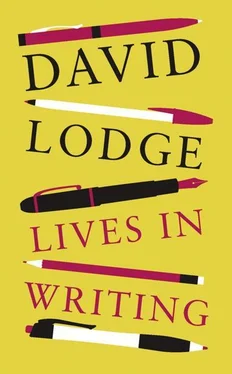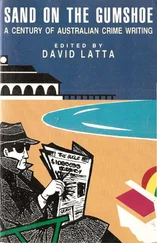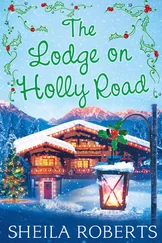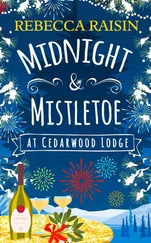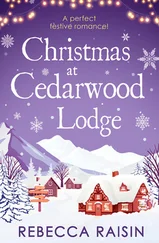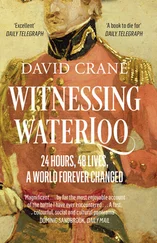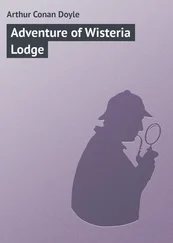In the title essay of my book The Year of Henry James (2006) I observed that the biographical novel, which uses fictional techniques to represent real lives, had become increasingly popular with writers and readers of literary fiction over the previous twenty years or so. The output of novels subsequently did nothing to make me revise this view: it seemed to me that at least 25 per cent of those I saw reviewed in newspapers and magazines were of this kind (and several of them were about Henry James). As the publication of A Man of Parts in the spring of 2011 drew near, this flourishing sub-genre figured in a more wide-ranging critical controversy in the media. William Skidelsky wrote an article in the Observer of 23 January under the heading, ‘ It’s time to stop this obsession with works of art based on real events .’ He picked out The King’s Speech , the hugely successful film about King George VI’s struggle against his speech impediment, and Hilary Mantel’s Booker Prize-winning novel Wolf Hall , about the life of Thomas Cromwell, as symptomatic of a general tendency in all the arts, and he cited a large number of other examples (including The Children’s Book and my own forthcoming novel) as symptomatic of ‘a shift in recent years away from works of pure imagination towards ones which combine fact and fiction’. This shift is undeniable, and is as evident in theatre, television drama, and even the visual arts, as in movies and novels. More contentious was Skidelsky’s assertion that this tendency is a Bad Thing, because ‘by being placed at the service of factual knowledge, creativity loses its justification and becomes devalued as a result’. In fact the works he cites are not ‘at the service of factual knowledge’ but build creatively on the basis of factual knowledge. A week later the historian Antony Beevor attacked the trend from a different direction, in a talk to the Royal Society of Literature on ‘The Perils of Faction’ which was published in a condensed form in the Guardian Review (19 February 2011). One of the chief perils he identified in historical and biographical novels was that ‘when a novelist uses a major historical character, the reader has no idea what he or she has taken from recorded fact and what has been invented in their recreation of events’. This was to some extent true of most historical writing from antiquity to the Renaissance, but modern historiography is strictly evidence-based, making the biographical novel an object of suspicion to most historians and biographers.
I understand the concerns voiced by Skidelsky and Beevor, and sympathise with some of them. ‘Faction’, especially on film and television, media that are notoriously subject to cynical manipulation for commercial ends, can give a seriously distorted account of important historical events and personages, spreading in their audiences confusion and misapprehension which are not easily corrected. When applied to living people who are not in a position to protest, such productions can be hurtful and intrusive. The current wave of fact-based or fact-inspired narrative certainly carries with it a good deal of rubbish, some of it dangerous and meretricious rubbish, but because it is a genuine cultural phenomenon it is futile to oppose it on principle. These two writers object to ‘faction’ on opposite principles — Beevor because it is not wholly factual, and Skidelsky because it is not wholly imaginative. But the categories of narrative are not watertight: they leak into each other. Or, to change the metaphor, they belong to a spectrum which extends from the most starkly factual to the most fantastic, and in most examples of literary interest and value some elements of both fact and fiction are invariably present to some degree, from the Homeric epics and the stories of the Old Testament to the plays of Shakespeare and the prose fiction of the last three centuries. The modern novel as a literary form had its origins partly in the explosion of popular documentary or pseudo-documentary narrative in the late seventeenth century — confessions of reformed sinners, biographies of criminals, and reports of current events like plagues and wars. Robinson Crusoe (1719), arguably the first classic English novel, was a work of fiction disguised as a factual story, and so was Samuel Richardson’s epistolary novel Pamela, or Virtue Rewarded (1740), the original model for many greater works of fiction, including his own Clarissa . The realist novel of the nineteenth century, in which the personal life is portrayed against a panoramic social background, evolved from the novels of Scott, whose fictional characters interact with historical personages and events. The Victorian novelists applied Scott’s method in a modified form to the present or the recent past, connecting their own invented stories to real events, like the Battle of Waterloo in Vanity Fair or the Reform Bill in Middlemarch. James Joyce went to extraordinary pains to make his modernist masterpiece Ulysses , about the experiences of a number of Dubliners on a single day, 16 June 1904, correspond to historical and topographical fact in every detail.
The arguments of Skidelsky and Beevor depend on an oversimplified distinction between fact and fiction, but this is not to say that we should collapse the distinction altogether, as the American writer David Shields advocated in a book published in 2010 called Reality Hunger: A manifesto . It was a manifesto for precisely the development Skidelsky and Beevor deplored. Shields claimed that ‘an artistic movement, albeit an organic and as-yet-unstated one, is forming’, one of its key features being ‘a blurring to the point of invisibility of any distinction between fiction and nonfiction: the lure and blur of the real’. Among Shields’s favourite texts are Rebecca West’s Black Lamb and Grey Falcon , Simon Gray’s Smoking Diaries , and the confessional prologue to Vonnegut’s Slaughterhouse Five. ‘Living as we do in a manufactured and artificial world,’ he asserts, ‘we yearn for the “real”, semblances of the real.’ There is, however, a difference between the real and a semblance of the real, and as readers we may legitimately object to being tricked into taking the latter for the former. That would apply, for instance, to publications that purport to be genuine memoirs by survivors of the Holocaust, but are exposed as works of fiction. The best-known example is Binjamin Wilkomirski’s Fragments (1996) which won several prestigious prizes and awards before it was shown to be a fraud. However well-written they may be, such books muddy a vitally important historical record and their exposure as fictions encourages Holocaust-deniers. A less disturbing, but symptomatic, deception was James Frey’s account of his recovery from drug and alcohol addiction, A Million Little Pieces (2003), which became a number one bestseller in America but was subsequently shown to be largely fictional, with punitive consequences for the author. Frey has since revealed that the book was rejected by seventeen publishers when he submitted it as a novel, but accepted when, with a little tweaking, it was repackaged as a memoir. Not surprisingly, since he is committed to work which ‘blurs’ the distinction between factual and fictional narrative, Shields was sympathetic to James Frey in his manifesto, and ridiculed the publisher’s offer to refund purchasers of A Million Little Pieces if they supplied a sworn statement that they had ‘bought it with the belief that it was a real memoir, or, in other words, that they felt bad having discovered they had accidentally read a novel’. As for himself, Shields says, ‘I doubt very much that I’m the only person who’s finding it more and more difficult to want to read or write novels.’ Instead he is drawn to various forms of life writing: memoirs, journals, and something he calls ‘the lyrical essay’.
Читать дальше
